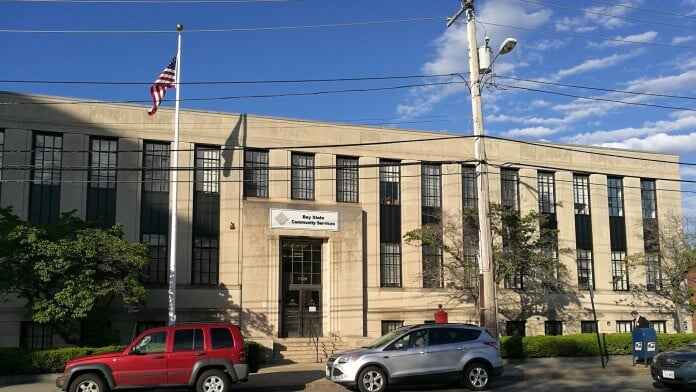About Bay State Community Services – Quincy
Bay State Community Services is about 10 miles outside of Boston in Quincy, Massachusetts. For over 50 years, they’ve served the greater South Shore area, providing comprehensive care for adults, youth and families. Along with substance abuse and behavioral health treatment you can access quality social services for your overall wellbeing.
With a mission to save lives, help families and empower communities, their intensive outpatient program connects you with the help you seek to advance in recovery. You’ll benefit from a personalized approach with your needs and goals at the forefront.
They offer treatment best practices in group sessions. These approaches can help you build self-insight about your addiction and gain essential coping and relapse prevention skills. You can participate in their program while living at home. They even provide hybrid options with in-person and Zoom sessions to easily fit treatment into your schedule.
For me, their Massachusetts’ Young People in Recovery Program really stood out. This peer support group provides a safe space for fellowship and growth for youth embracing recovery. Your teen can benefit from sober events and activity organization, recovery support and connections to treatment. This program is available in eight areas throughout Massachusetts, including Boston.
Another great element I noticed was their DUI program. If you’re facing your first offense, they provide a structured 40-hour program packed with weekly psychoeducational groups, self-help meetings, victim impact forums and more. They also offer additional support for multiple offenses including individual and group session referrals for at least six months. You’ll benefit from understanding addiction and the dangers of driving under the influence while gaining essential safety skills.
Lastly, I think their Family Resource Center is fantastic. This free service is a single entry point for access to community resources, behavioral health assistance and other information. Families with children under 18 can access multiple levels of support including parent education groups, cultural and social activities, peer support and more.
